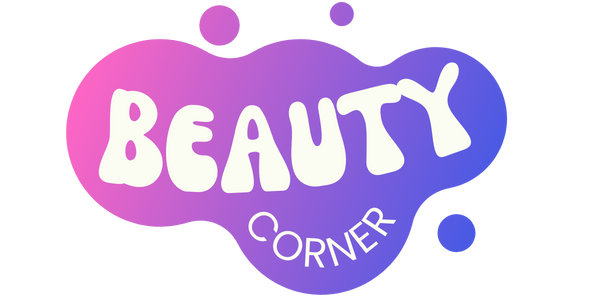A recent study by consumer group Choice has uncovered that several popular sunscreen products do not provide the level of sun protection they claim to offer. The research revealed that many sunscreens labeled as SPF 50-plus actually offer significantly lower levels of protection, potentially misleading consumers into thinking they are better shielded from the sun’s harmful UV rays. This revelation comes at a time when skin cancer remains one of the most commonly diagnosed cancers in Australia.
Choice’s investigation found that 16 out of 20 sunscreen products analyzed failed to meet the SPF 50 claims, with some products testing as low as SPF 4. The study’s findings were so alarming that Choice urged regulatory bodies like the Therapeutic Goods Administration (TGA) and the Australian Competition and Consumer Commission to conduct further testing on these sunscreens.
The TGA, responsible for overseeing the safety and efficacy of medicines and sunscreens in Australia, relies on manufacturers’ reports to ensure product quality. However, Choice’s CEO Ashley de Silva raised concerns that these reports may not always provide accurate information to help consumers make informed decisions when selecting sunscreens for themselves and their families.
One of the most shocking results from the study was Ultra Violette’s Lean Screen SPF 50+ Mattifying Zinc Skinscreen, which tested at an SPF of only 4, significantly lower than its advertised level. In response, Ultra Violette emphasized its commitment to customer safety and highlighted the challenges of SPF testing variability.
On the other hand, La Roche-Posay’s Anthelios Wet Skin Sunscreen SPF 50+ emerged as a top performer in the testing, boasting an impressive SPF of 72, well above its labeled protection level. Similarly, Mecca Cosmetica To Save Body SPF 50+ Hydrating Sunscreen, Cancer Council Kid Sunscreen 50+, and Neutrogena Ultra Sheer Body Lotion SPF 50 also exceeded expectations in the study.
While some sunscreens may not meet their claimed SPF levels, experts emphasize that any sunscreen, even with an SPF of 30 or 20, still offers substantial protection against harmful UV rays. However, concerns over sunscreen efficacy persist, especially as three of Cancer Council’s products failed to deliver the promised SPF 50 protection, prompting the organization to initiate independent testing.
Medical professionals, including Australian Medical Association Queensland president Dr. Nick Yim, have expressed alarm over the study’s findings, emphasizing the importance of ensuring that sunscreens deliver the level of protection advertised to consumers. The lack of trust in sunscreen efficacy could potentially deter individuals from using these products and put them at risk of sun damage.
As consumers grapple with the implications of these SPF testing discrepancies, it is essential to remain vigilant about sun protection practices, including using sunscreen with an adequate SPF level, seeking shade, and covering up when exposed to sunlight. The sunscreen industry may face increased scrutiny and calls for more rigorous testing to uphold consumer trust and safety in the future.
📰 Related Articles
- Study Reveals Menstrual Cups as Top Eco-Friendly Choice
- Zimbabwe Study Reveals High Uptake of Menstrual Health Services
- Young Australians Exposed to Online Gambling Risks, Study Reveals
- Varsity Athletes’ Sleep Study Reveals Suboptimal Hygiene Practices
- Ultrasound Challenges Fluoroscopy in Vascular Access: Study Reveals Insights






